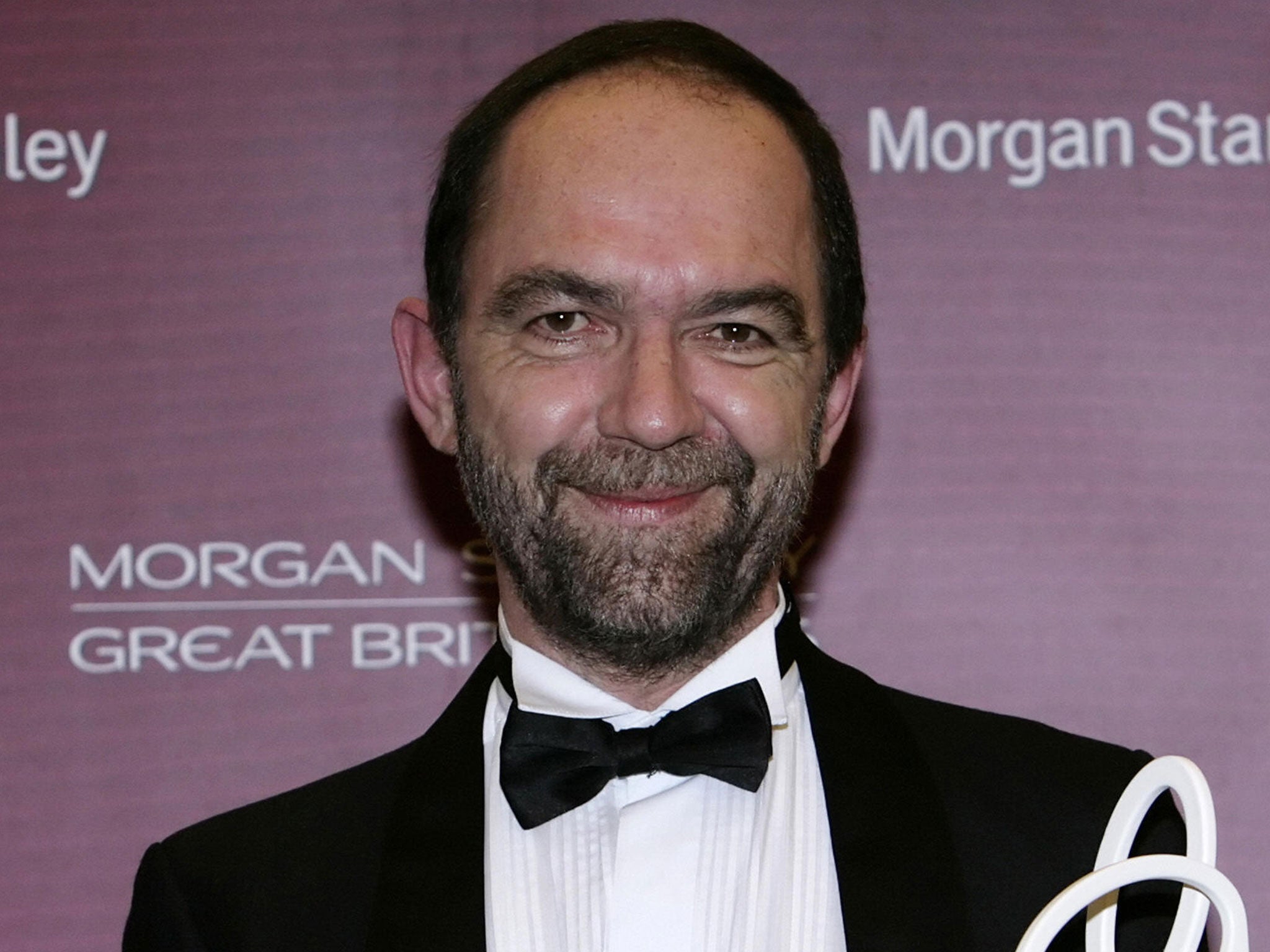Inventor of genetic fingerprinting Sir Alec Jeffreys wins Copley Medal

Your support helps us to tell the story
From reproductive rights to climate change to Big Tech, The Independent is on the ground when the story is developing. Whether it's investigating the financials of Elon Musk's pro-Trump PAC or producing our latest documentary, 'The A Word', which shines a light on the American women fighting for reproductive rights, we know how important it is to parse out the facts from the messaging.
At such a critical moment in US history, we need reporters on the ground. Your donation allows us to keep sending journalists to speak to both sides of the story.
The Independent is trusted by Americans across the entire political spectrum. And unlike many other quality news outlets, we choose not to lock Americans out of our reporting and analysis with paywalls. We believe quality journalism should be available to everyone, paid for by those who can afford it.
Your support makes all the difference.The inventor of genetic fingerprinting, which has transformed forensic science since it was discovered 30 years ago, has been awarded the oldest scientific prize in Britain.
Professor Sir Alec Jeffreys, who in 1984 discovered a method of showing the variation in the DNA of individuals, will receive the Copley Medal of the Royal Society, which has been awarded to Charles Darwin, Michael Faraday, Albert Einstein and Stephen Hawking.
Sir Alec, who made the discovery when he was a genetics researcher at Leicester University, showed that the technique can be used to prove biological relationships between people who share similarities in certain repetitive sequences within the non-gene parts of their DNA.
“I am particularly delighted that the award recognises our work extending over three decades into exploring human DNA diversity and the processes that generate this variation, and not just our accidental foray into forensic DNA,” Sir Alec said.
“It is also very satisfying to see the relatively new field of genome dynamics being given such wonderful recognition,” he said.
Sir Paul Nurse, president of the Royal Society, said: “This award is in recognition of his career-long contribution to pioneering science, through his endeavour to unravel the complexity of human genetic variation, and for the immense impact his work has had on our lives through applications in forensics and medicine.”
Subscribe to Independent Premium to bookmark this article
Want to bookmark your favourite articles and stories to read or reference later? Start your Independent Premium subscription today.
Join our commenting forum
Join thought-provoking conversations, follow other Independent readers and see their replies
Comments